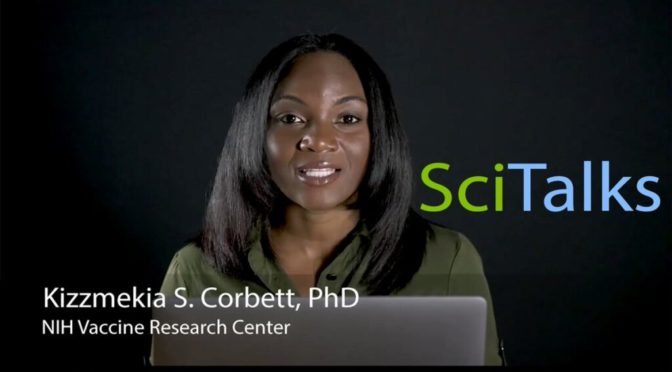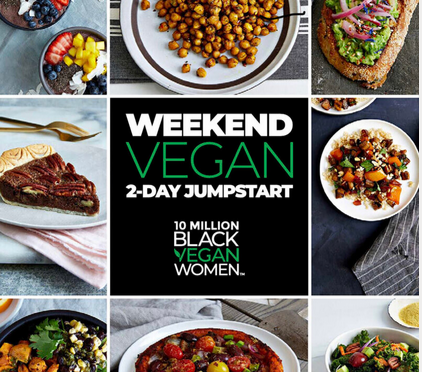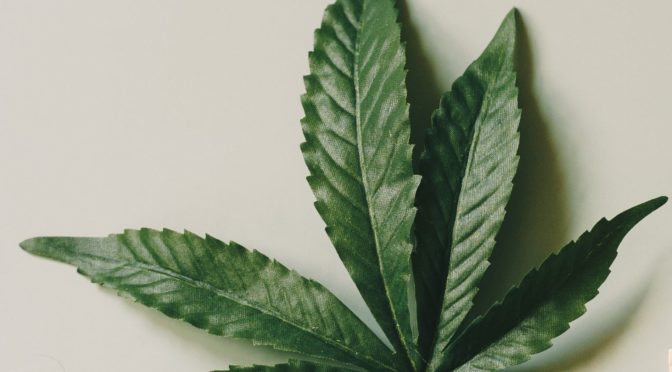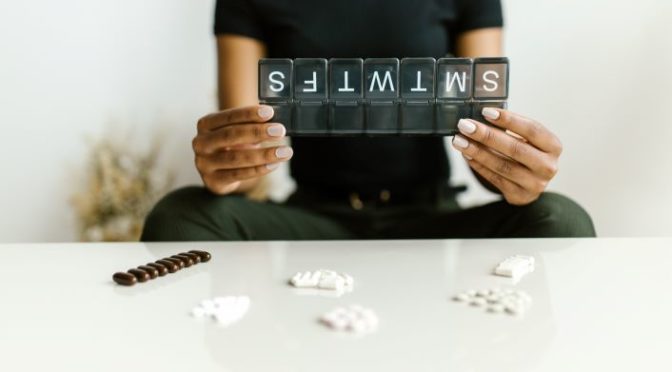Tag Archives: Featured
Start your new year of a new you
If the last year or two has left you
with a little more weight than what
you had planned for this point in
your life – here’s the remedy and
the plan
Our favorite nutrition expert and a woman with a
plan, ChicagoanTracye McQuirter, has a new book
and one of the most thorough and appetizing
plans to improve your dinner table status than
we can remember. We’ve featured her on our
home page for years because we feel like you
would be in good hands with the food info that
she has so smartly put together.
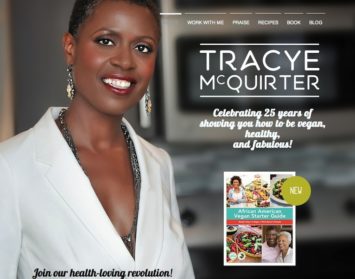
Now we know that some of you are not
interested in giving up meat but there is little
reason to not learn how to make vegetables
equal partners on your plate. If we seasoned
and approached cooking veggies the way we
do meat and seafood, it wouldn’t take long
for them to become healthy preferences.
Tracye’s got an even better deal for this
year we are stepping into. Check out her
site and try out her plan. There is a wonderful
guide to download for free. It will get you
started on putting some soul in your food,
the lite, right way.
Finding your voice in the Age of the Big Lie
At the root of almost all conflict – whether between international
Said by a therapist after more than 25 years of mediating, training
governments or between intimate partners – is a Lie
and transforming communication between conflicting parties.

Lies chip away at our humanity
Anger, hostility, suspicion, confusion, denial, jealousy -all of these emotions are the byproducts of lies. It is estimated by psychologist Gerald Jellison, Ph.D., formerly of the University of Southern
California, that the average person may lie about 200 times a day.
These are not intentional deceptions, but more likely intended to
empathize with and support friends and family members or to avoid
conflict or to temper embarrassing situations. Others say that the
average person lies about 11 times a week, but when one looks at
the lies told most often, it moves the probability back towards 200
times per day.
For example, the most frequently told lie, is when
a person says, “I’m on the way” or when they text that they’re stuck
in traffic or when they say they “don’t mind” something that you’ve
asked of them. Lies can be small, and harmless – even beneficial, but
lies can take down a democracy when they undercut the rule of law
or when they incite the taking of another’s life.
Reporters watched in confusion, when our former president, the
person later dubbed “Liar-in-chief” started his reign off with a verifiable
lie: that the crowd at his inauguration “looked like a million and a half people” and “was the largest crowd to attend any inauguration anywhere in the world”. Fact checkers noted that the subway usage that day was less than previous inaugurations. Pictures show that the Mall from the
Capitol to the Washington Monument showed comparatively sparse attendance.
It was at that point that we were introduced to the term “alternative
facts” by that president’s senior adviser, Kellyanne Conway. This concept of “alternative facts” is a head spinner. It delivers the visceral impact of having your reality flipped and the experience of truth shoved down your throat. It’s that feeling, exactly, that many of us feel, when we know we’re hearing a lie. Sometimes it’s a little lie, so sometimes it’s a little twinge that we barely notice. Other times, it’s a big LIE and it’s like a punch in the stomach. We double over, metaphorically, with a feeling of
confusion and disbelief in our eyes.
Enter a new age
That was our introduction into the Age of the Lie. That harsh, if not
shocking, remaking of the facts into something that one insecure
person needed to hear in order to tolerate their reality, pulled out
all the stops on lying – on a countrywide stage. And like a bad infection,
it has spread. Governors from Texas to Florida, Trump’s attorney general
and other cabinet level officials began crafting whopping lies, to serve
purposes that we are still trying to understand.
How do lies impact you?
What does it mean to you when someone lies? When you overhear a
good friend lying about you? When your husband comes home late
with an excuse that doesn’t bear any resemblance to the truth? When
you know that a competitor at work had purposely misrepresented
your contribution to a shared project? The first thing you feel is that
punch, right? Then what? You start going over everything you’ve been
told, looking for little signs that you may have missed. You start question-
ing yourself, doubting your perceptions. Depending on your own
experiences, perhaps as a child, you could even lapse into self-blaming.
Your distress may unearth doubts about previously unconcerning social
exchanges. Yes. You’ll recall that time that person jumped off the phone
quickly when you entered the room or the time they didn’t really
answer a question that you asked them. All of a sudden, your security
net started to unravel. All because of a lie that probably has nothing to
do with you.
Reality check #1: People do what they do, not to hurt you,
but to protect themselves.
How does a lie hurt?
How does a lie hurt ? Is it that it prevents you from trusting the other
person? Does it keep moving the marker so that you don’t know what’s
real and what’s not? Does it signal that the liar is a foe and may have
negative intentions? Is that why they can’t tell you the truth? Whatever
it is, we know that the truth grounds us. It attaches us securely to a
familiar environment, to stable people and reliable expectations that assure us of a place and surroundings that help us and our children remain safe.
The truth, is an essential component of a happy life.
Since 2016, the United States has experienced gutting of our major
institutions, political behavior that deserves a spanking at the polls,
national indifference to the welfare of the most vulnerable and an under-
cutting of almost everything that we knew to be true.
What’s the upside to this?
There’s a good side to this, as there is to any tragedy. It captures
our attention. We have to think through our positions, plan how
we are going to improve the result and commit to being agents of change. It pulls us together.
The assumptions under which we operate have been exposed and
demand our examination and refinement. We’ve had to think of
alternatives to the way we live. We have to prepare for changes
in our expectations. We have to focus on what’s really important
and do what we have to do to make that happen.
The Pandemic has made us stay home, sit still and look at the facts.
People are reevaluating their jobs and the assumptions under which
they have been operating. They’re trying to make sense of their lives.
We’ve had to get real with life, with each other and with the planet.
If we do this right, and live up to our potential as equal partners
in stewardship over the earth, we’ll come out of this stronger,
truly secure and able to usher in The Age of Love.
Marijuana miseries
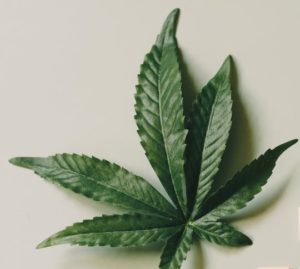
It’s far more potent and can cause permanent damage
to vulnerable brains.
- What do we not know about this now legal drug?
- Marijuana & fertility
- Marijuana & your brain
- Does marijuana cause heart attacks?
- Will it affect children differently?
- How different is the new marijuana?
- My son is still hallucinating, a week after smoking…..
Are black people protected from covid-19 by taking vitamin d?
…Black people with vitamin D3 levels of only 30-40 ng/ml had a 2.64 times higher risk of testing positive for COVID-19 than those with levels of 40 ng/ml or greater.*
Most physicians are testing and recommending vitamin D3 supplementation for folks who live above the Mason-Dixon line. Vitamin D has been found to be deficient in dark skinned people and to those who are not exposed to sufficient amounts of sunlight. Vitamin D3 (cholecalciferol), the most active form of vitamin D, is created when the skin is exposed to sunlight. In the northern half of the United States and in the winter months, our bodies do not produce adequate amounts of vitamin D.
Vitamin D is important to the immune system. It protects against muscle weakness and helps to regulate the heartbeat. It aides in the prevention and treatment of breast and colon cancer, osteoporosis and osteoarthritis. It is needed for normal blood clotting and to regulate thyroid function. Vitamin D helps strengthen bones and reduce the risk of prostate cancer.
It is estimated that at least 76% of Americans are deficient in vitamin D.
A recent research study at the University of Chicago Medicine found that Black people with levels of only 30 to 40 ng/ml had a 2.64 times higher risk of testing positive for COVID-19 than those with levels of 40 ng/ml or greater.*
Dr. David Meltzer, Chief of Hospital Medicine at the University of Chicago and is the lead author of the study. He became interested in investigating this after seeing an article in 2020 about the effects of vitamin D supplementation. That article noted that people randomly assigned to take vitamin D supplementation had much lower rates of viral respiratory infection than those who did not take the supplements. People with darker skin who comprise nearly half of the world’s population have vitamin D levels below 30 ng/ml.
Vitamin D3 is inexpensive and readily available at drugstores and grocery stores. Dr. Meltzer said, “Currently, the adult recommended dietary allowance for vitamin D is 600 to 800 international units (IUs) per day. The National Academy of Medicine has said that taking up to 4,000 IUs per day is safe for the vast majority of people, and risks of hypercalcemia increases at levels over 10,000 IUs per day.”
However, some cholesterol-lowering drugs , antacids, mineral oil and steroid hormones such as cortisone may interfere with absorption. Because some thiazide diuretics, such as chlorothiazide (Esidrix, HydroDIURIL, Oretic) disturb the body’s calcium/vitamin D ratio, taking over 1,000 IU daily may cause a decrease in bone mass.**
Check with your doctor.
** Phyllis A. Balch, CNC, Prescription for Nutritional Healing, 4th Ed., Penguin Books, 2006
*Li Y, Tong CH, Bare LA, Devlin JJ. Assessment of the Association of Vitamin D Level With SARS-CoV-2 Seropositivity Among Working-Age Adults. JAMA Netw Open. 2021;4(5):e2111634. doi:10.1001/jamanetworkopen.2021.11634
